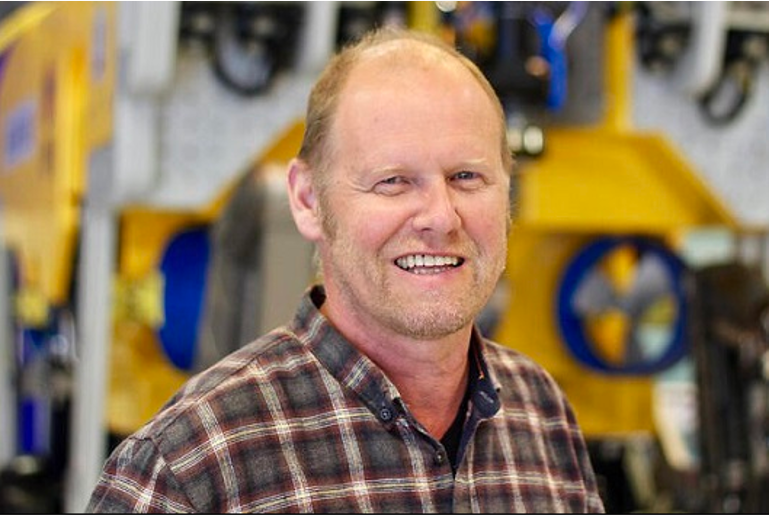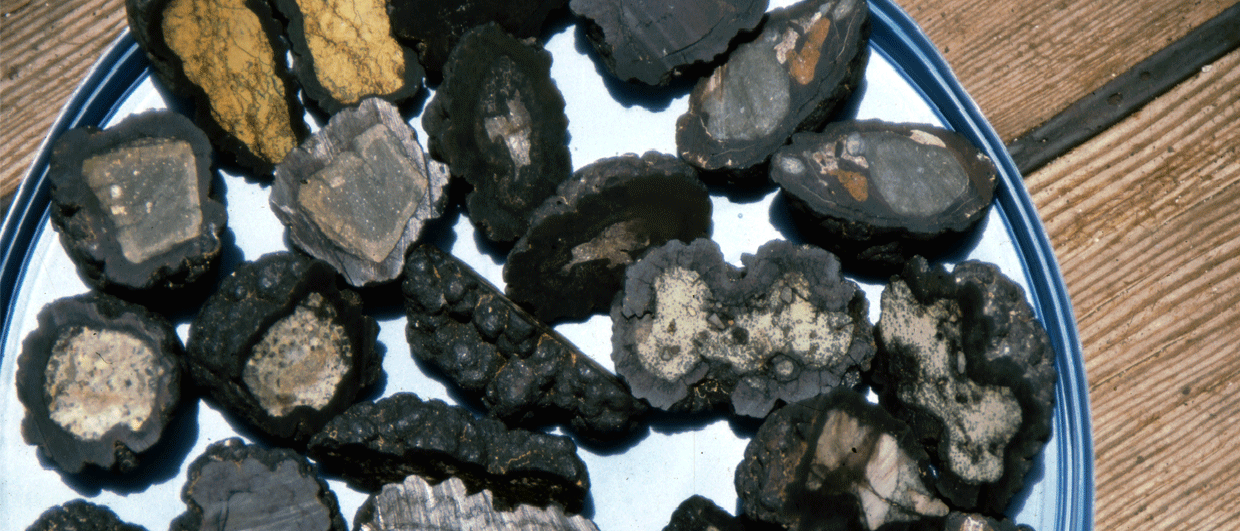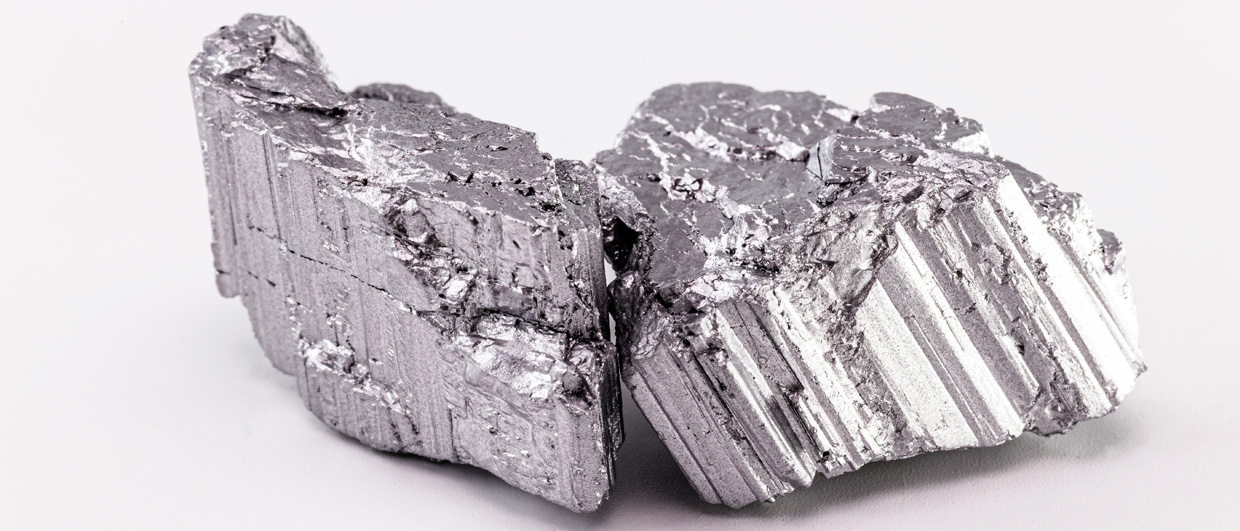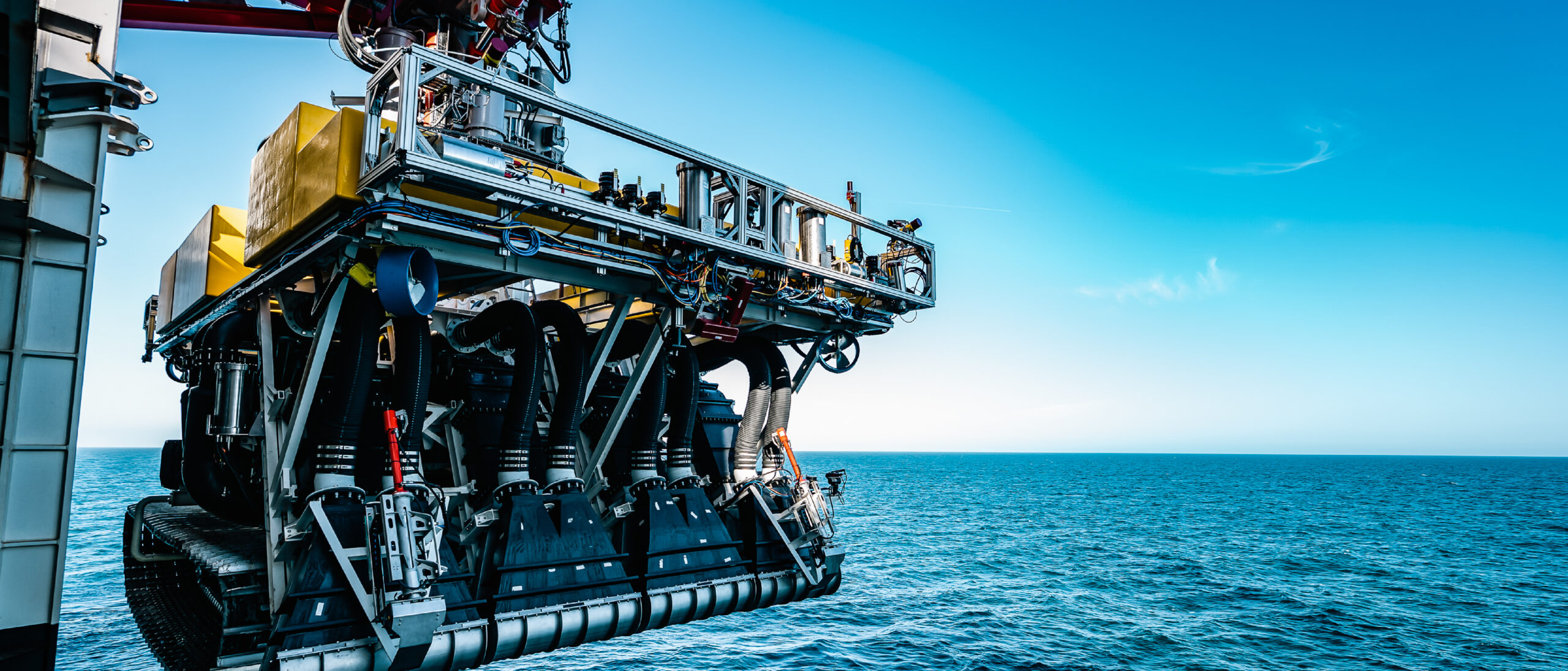“Marine mineral resources have been proven in the Norwegian Sea, including metals that may be important for electrification, and which several industrial players are working to extract,” says Rolf Birger Pedersen, head of the Centre for Deep Sea Research at the University of Bergen (UiB). The centre was founded this year as a result of a generous contribution from the Trond Mohn Foundation (NOK 16 million over 5 years).
It is important to be aware that the newly erected research centre is building on previous work carried out in Bergen. Over many years, the UiB performed studies through the K.G. Jebsen Centre for Deep Sea Research (2017 – 2021) and the Centre for Outstanding Research in Geobiology (2007 – 2017). This research has made a pioneering contribution to the exploration of Norwegian deep-sea areas, and the first expedition was carried out in 1998.
Since then, more advanced research infrastructure has been put in place, and the centre currently has, among other things, a remote-controlled submarine (ROV) that can operate down to a depth of 6,000 meters.
“The support from the Trond Mohn Foundation makes it possible, amongst other things, to carry out cruises and use the best available technology for planned expeditions in the Arctic Ocean,” Pedersen adds.
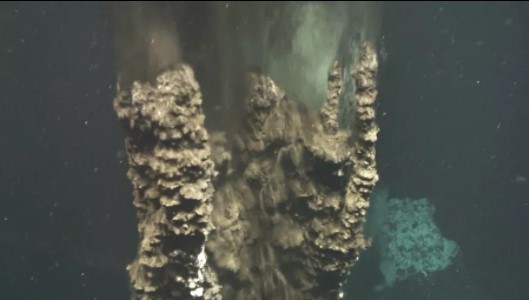
During the NCS Exploration, Deep Sea Minerals conference in Bergen, October 20 and 21, Rolf Birger Pedersen will give a keynote presentation during the session «Formation and Distribution of Minerals in the Norwegian Sea» on Day 1.
“We have a goal of understanding the geological development and climate history of the Arctic Ocean and how geological and biological processes in the deep sea affect the marine environment,” says Pedersen.
Massive volumes of water
Using advanced new marine technology, the centre will also monitor volcanic and geothermal areas in the Norwegian Sea to measure the outflow of hot water circulating along cracks and cavities in the bedrock. In the world’s oceans, 100 billion cubic metre of seawater is transported in and out of the volcanic seabed on a daily basis, but we know very little about what regulates this transport.
This water circulation leads, amongst other things, to CO2 being bound to minerals under the seabed, and it leads to the formation of marine mineral deposits on the seabed. The water circulation supplies important nutrients to the oceans and forms the basis for much of the biological diversity found in the deep oceans.

